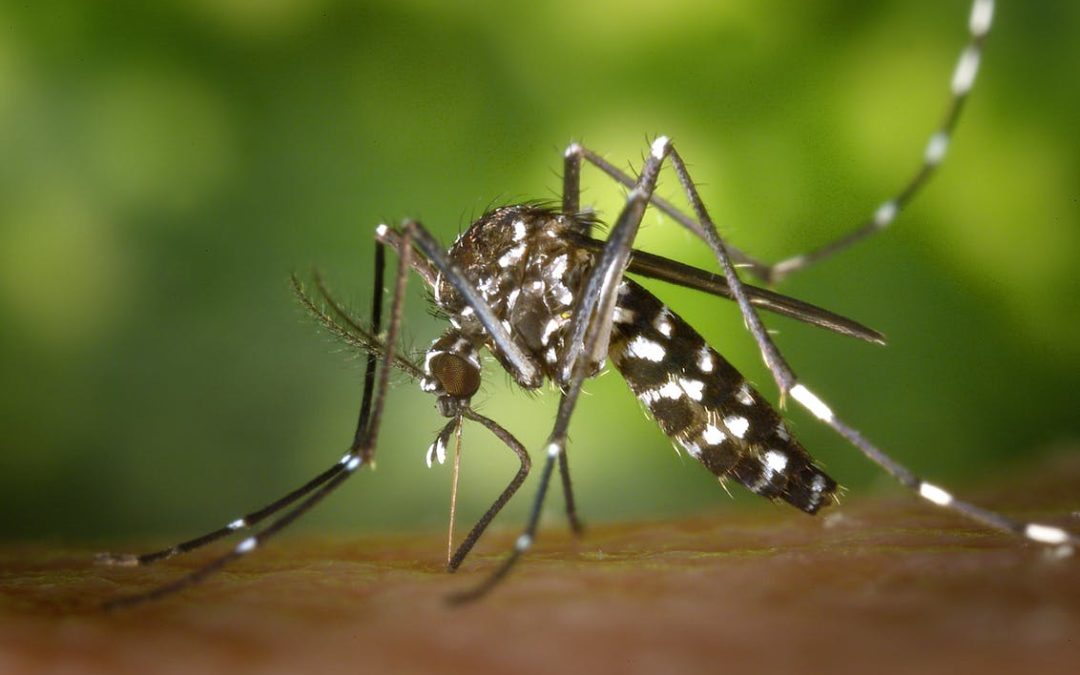Ottawa – Ottawa Public Health (OPH) is reminding residents to continue to protect themselves from mosquito bites when going outdoors. Mosquito trapping and testing—components of OPH’s West Nile virus (WNV) program—have confirmed the presence of WNV in Ottawa mosquitoes again this year. These first positive test results for WNV in mosquitoes in Ottawa for 2017 have come relatively early in the WNV season and indicate that 2017 may have higher than usual WNV activity. In addition to protecting themselves against mosquito bites, all Ottawa residents need to help reduce mosquito populations around their homes by getting rid of all outdoor objects that can hold water in which mosquitoes can lay their eggs.
In Ottawa, WNV is spread primarily by the northern house mosquito that, in a small number of cases, can cause serious illness. Most people will not develop any symptoms if infected with WNV, but about 20 per cent may experience flu-like symptoms including fever, headache, muscle aches, and, possibly, a rash. The risk for more serious illness—occurring in less than 1 per cent of infections in which WNV invades the central nervous system—increases with increasing age, with older adults and the elderly as well as people with weakened immune systems being at higher risk.
There have been no reported confirmed or probable human cases of WNV in Ottawa in 2017. In Ontario, as of July 26 there has been one human case this year. In 2016, there were two confirmed or probable human cases in Ottawa, and 49 confirmed or probable human cases in Ontario.
OPH urges residents to do their part in protecting themselves and their families from mosquito bites by:
- Applying a Health Canada-approved mosquito repellent containing DEET or Icaridin to exposed skin and clothing
- Protecting yourself especially between dusk and dawn, periods when mosquitoes are most active, and at any time in shady, wooded areas
- Wearing light-coloured and tightly woven clothing such as long pants, a long-sleeved shirt, shoes and socks to protect exposed skin.
- Making sure all windows and doors in your home have screens that are in good condition
- Reducing standing water sites around your home (bird baths, toys, flower pot saucers, swimming pool covers, old tires, wheelbarrows, buckets, cans, etc. – anything that can hold water for 7 days or longer)
- Ensuring all openings to rain barrels are covered with screen mesh at all times
OPH has a proactive plan to deal with WNV that includes weekly surveillance and, when necessary, mosquito larvicidal treatment of natural and man-made standing water sites located on City property, such as ditches and storm water management ponds. As part of this plan, OPH also has regular applications of larvicide in City-owned roadside storm sewer catch-basins to reduce the mosquito population.
For additional information on West Nile Virus, visit OttawaPublicHealth.ca or call Ottawa Public Health Information at 613-580-6744 (TTY: 613-580-9656). You can also connect with us on Facebook and Twitter (@ottawahealth).

